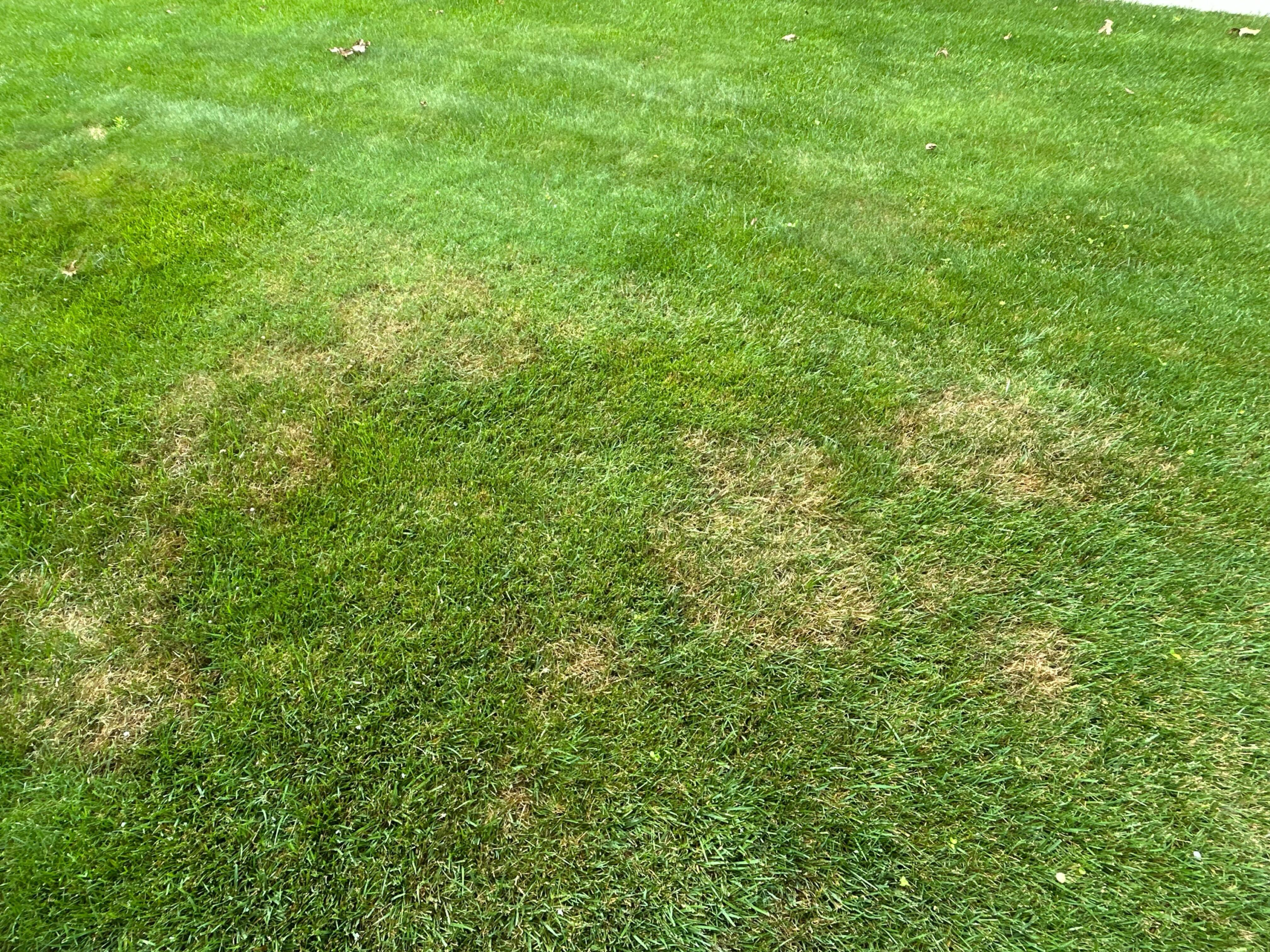Effective summer disease prevention in North Carolina requires a proactive approach and professional expertise. Homeowners can protect their lawns and gardens from common warm-weather ailments by implementing targeted strategies, proper irrigation techniques, and integrated pest management. Working with lawn care professionals ensures your landscape stays healthy and vibrant throughout the hot Carolina summer months.
What is Summer Disease Prevention?
Summer disease prevention in North Carolina involves a set of practices designed to protect plants, lawns, and gardens from the various pathogens and pests that thrive in warm, humid conditions. This includes fungal diseases like brown patch and dollar spot, as well as insect infestations that can damage or kill vegetation. Effective prevention combines cultural practices, proper plant selection, and targeted treatments to create an environment that’s inhospitable to common summer diseases.
Key Benefits of Summer Disease Prevention
- Healthier, more attractive landscapes – By preventing diseases before they take hold, your lawn and garden maintain their lush, green appearance throughout the summer.
- Cost savings – Proactive prevention is often less expensive than treating established diseases, saving you money on extensive treatments or plant replacements.
- Environmental protection – Proper disease prevention reduces the need for chemical interventions, promoting a healthier ecosystem in your yard and the surrounding area.
Types of Summer Disease Prevention
Cultural Practices
- Description: Techniques that create an environment less conducive to disease development.
- Best for: All landscapes, as a foundational approach to disease prevention.
- Pros and cons: Low-cost and environmentally friendly, but requires consistent effort and may not be sufficient for severe disease pressure.
Chemical Treatments
- Description: Application of fungicides or other products to prevent or treat diseases.
- Best for: High-value landscapes or areas with known disease issues.
- Pros and cons: Can be highly effective, but may have environmental impacts and require professional application.
How to Implement Summer Disease Prevention
- Step 1: Assess your landscape – Identify areas prone to disease and plants that may be susceptible. Look for signs of poor drainage or overcrowding.
- Step 2: Improve cultural practices – Adjust watering schedules, prune for better air circulation, and maintain proper mowing heights for lawns.
- Step 3: Apply preventative treatments – Work with a professional to develop a targeted treatment plan, which may include fungicides or organic alternatives.
North Carolina-Specific Considerations
- Humidity and rainfall: North Carolina’s summer climate creates ideal conditions for fungal diseases. Focus on improving drainage and air circulation.
- Native plant selection: Choose plants adapted to local conditions for better natural disease resistance.
- Local regulations: Be aware of any restrictions on chemical treatments, especially near water sources or protected areas.
Common Mistakes to Avoid

- Overwatering: Excess moisture promotes fungal growth. Water deeply but less frequently, preferably in the morning.
- Ignoring early signs: Address small problems quickly before they become major infestations.
- Overreliance on chemicals: While treatments can be effective, they should be part of a comprehensive approach that includes cultural practices.
Frequently Asked Questions
What are the most common summer lawn diseases in North Carolina?
The most prevalent summer lawn diseases in North Carolina include brown patch, dollar spot, and pythium blight. These fungal diseases thrive in warm, humid conditions and can quickly damage turfgrass if left untreated.
How often should I water my lawn to prevent disease?
Water deeply but infrequently, typically 1-2 times per week, providing about 1 inch of water each time. This encourages deep root growth and reduces surface moisture that can promote fungal diseases.
Are there organic options for summer disease prevention?
Yes, organic disease prevention methods include improving soil health through compost applications, using natural fungicides like neem oil, and promoting beneficial microorganisms in the soil. These approaches can be effective when combined with good cultural practices.
Professional Lawn Care in North Carolina
For expert guidance on summer disease prevention and maintaining a healthy landscape, consider reaching out to the professionals at Triangle Lawn Care. Our team understands the unique challenges of North Carolina’s climate and can develop a customized plan to keep your lawn and garden thriving all summer long. Don’t let summer diseases dim the beauty of your outdoor spaces – contact Triangle Lawn Care today for a consultation and take the first step towards a healthier, more resilient landscape.


